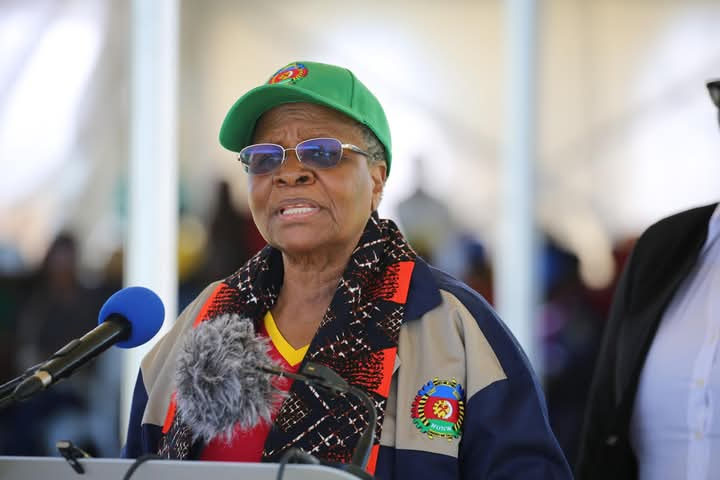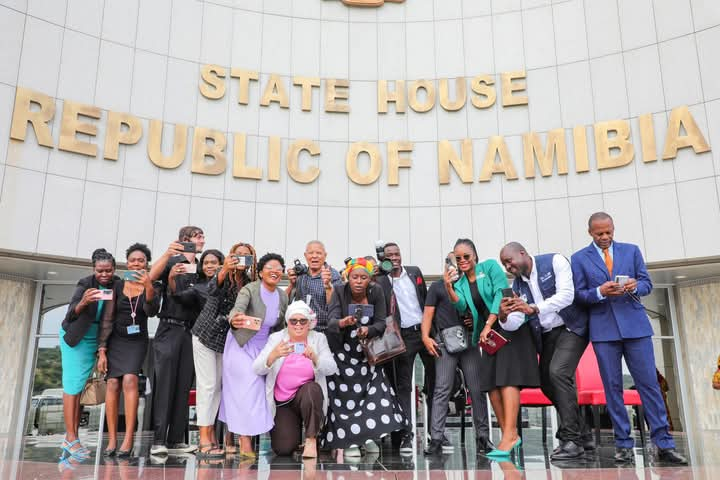MENTION Sri Lanka and what comes to some people’s minds is probably cricket. But this country is not just about cricket.
It has been a war theatre for almost a quarter of a century.
One of Asia’s oldest and brutal ethnic conflicts pitted the minority Tamils against the dominant Sinhalese majority. And as they say, during time of conflict truth is always the first victim so the casualty figures are hard to come-by but is estimated that around 70 000 people perished during the war.But in the last two weeks the unrelenting brutality of the violence has seen a horrified world wanting to assist in halting the carnage, but the Sri Lankan authority had been reluctant to allow even humanitarian agencies to help a terrified population trapped in the midst of the fighting. The Sri Lanka army already smelled victory on the political horizon. Media reports say that the military has declared a final victory in its war with the Tamil Tigers – routing their remnants and killing the movement’s leadership.Is this then the endgame – ‘the final solution’ – for the politically volatile island nation? From the perspective of the Sinhalese-led government the answer is probably ‘yes’ because it says the entire country is rid of terrorism. But for those familiar with peace-keeping and peace-building politics they would realise that this is not the endgame. Remember that the government flatly rejected any talk of a cease-fire or any preliminary peace agreements – the very conditions for peace-building. This was simply a military victory on the ground that forced the Tamil Tigers to either flee or at least to surrender. Government, however, was not taking any prisoners but opted instead for total annihilation of the rebel army with civilian, of course, caught in the crossfire.Now that the fighting is over, however temporary this might be, it is time for the United Nations to intervene politically and help sort out the fundamental political problems that have faced the country for decades otherwise the resumption of war could be a real possibility in the future. The UN should have done so 20 years ago but didn’t because of its very selective nature of looking at conflicts.Some critics have argued, taking cues from other cases around the globe, that the international community will not lift a finger to stop a conflict or protect civilians unless major Western interests are at stake. Conflicts such as this one or the Israeli/Palestinian one should not be left to the dictates of the ruling elites or dominant majorities in those countries to decide on alone. The UN has to live up to its fundamental mission of maintaining world peace. The message the UN should send out is that the people of Sri Lanka must go beyond the military and security priorities to address the political dimension of this 25 years conflict. Because might is not always right as they say. We are not dealing with a problem of ‘terrorism’ as the Sri Lankan authority and others wants us believe. We are dealing with a fundamental question of ethical and political philosophy to address the moral basis and legitimacy of the state’s authority. The problem in Sri Lanka started with the departure from the early promise of independence i.e. to establish a secular and inclusive democracy but then slipped into the consolidation of hegemonic politics by the Sinhalese majority at the exclusion of others. What the Tamils want is an independent homeland very much like the Eritreans or other nationalities in the former Eastern European block. This led to the violence and pogroms of the early 1980s – with the state wanting to keep the status quo and the minority advocating for an own political home. One understands the complexity of intra as opposed to inter-state conflicts but that should not be an excuse to sit back hoping things will sort themselves out because sometimes they don’t – take Somalia. It is therefore time that the UN starts to pick up the pieces and draw from its own rich peace-building experience in order to search for a durable peace in Sri Lanka.Admittedly, the situation is still fragile but it does open a window of opportunity for the UN, not only for humanitarian purposes, but also to start searching for durable peace. Just because the Tamils are now militarily defeated doesn’t mean that their demands for justice and identity are over. They might still regroup and start fighting again. And surely the Sinhalese might not want to turn the country into a permanent militarised and security state whose pre-occupation is monitor the claims and aspirations of minorities. In some parts of the world minority claims are often interpreted as security threats or as threats against the very existence of the state itself. The durable peace which the UN should mediate and negotiate, with all parties concerned, must be cast in the context of a multi-ethnic and multi-lingual Sri Lankan society.Politics, as Bernard Crick would remind us, is the conciliation of naturally different interests.
Stay informed with The Namibian – your source for credible journalism. Get in-depth reporting and opinions for
only N$85 a month. Invest in journalism, invest in democracy –
Subscribe Now!










